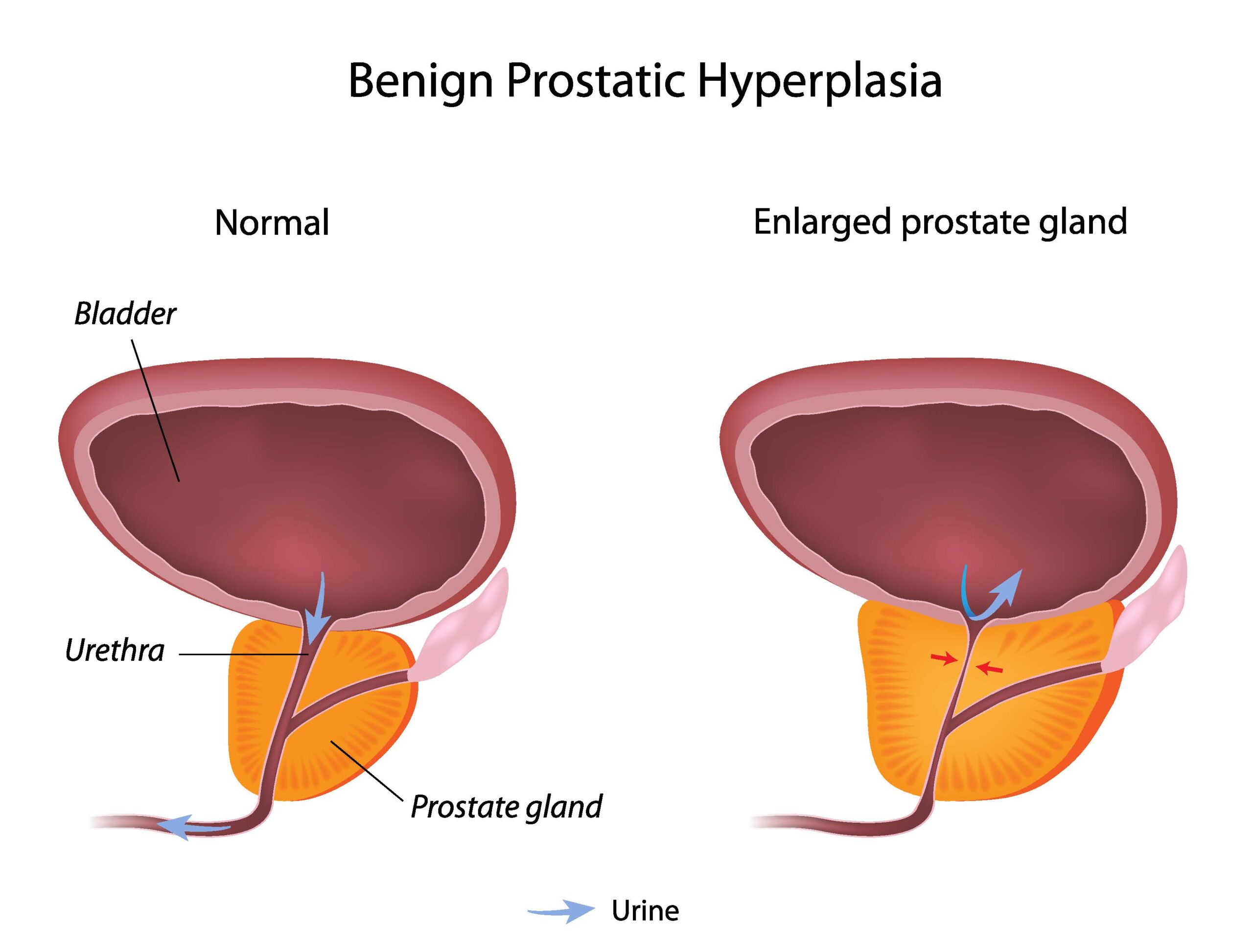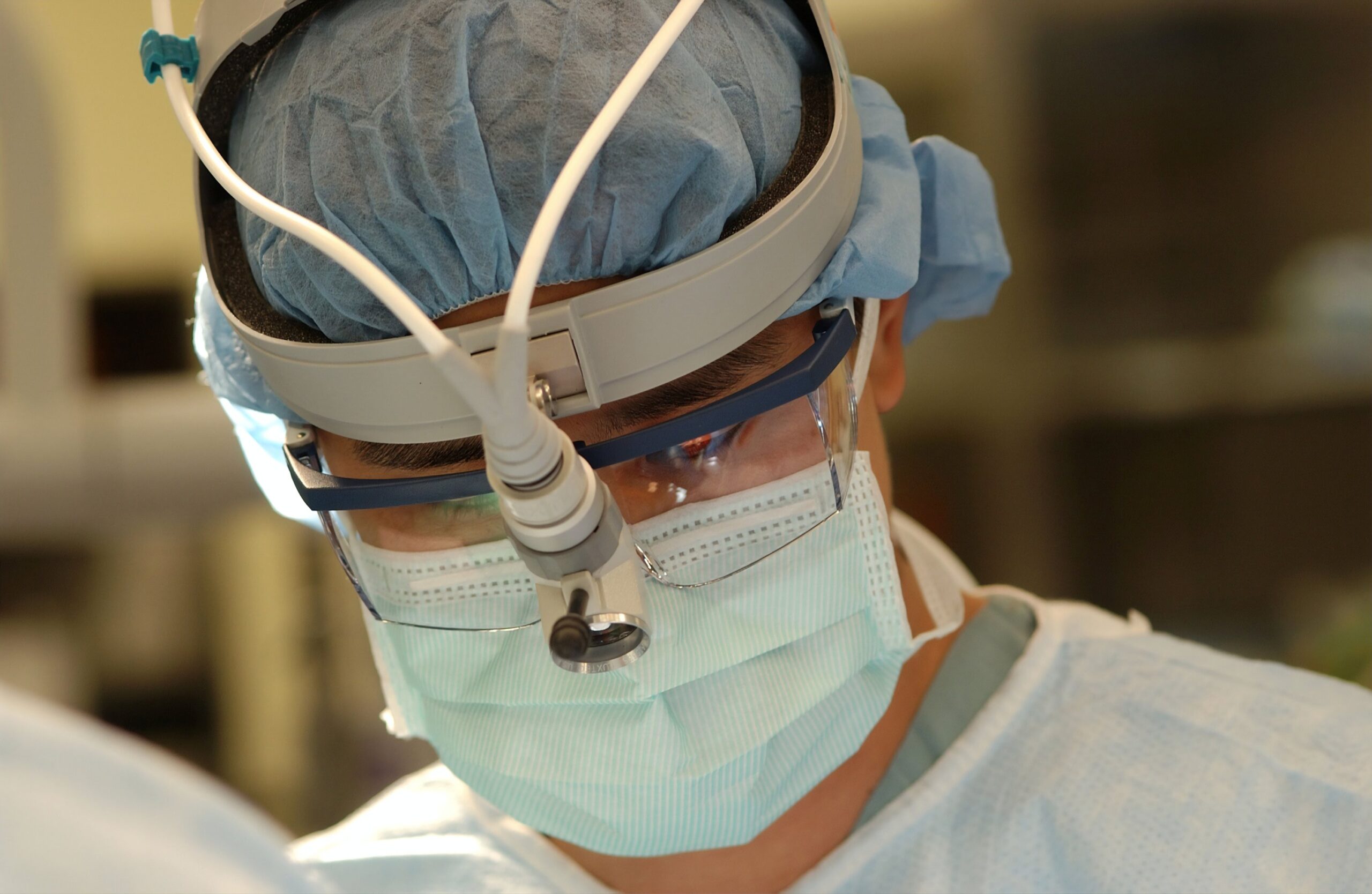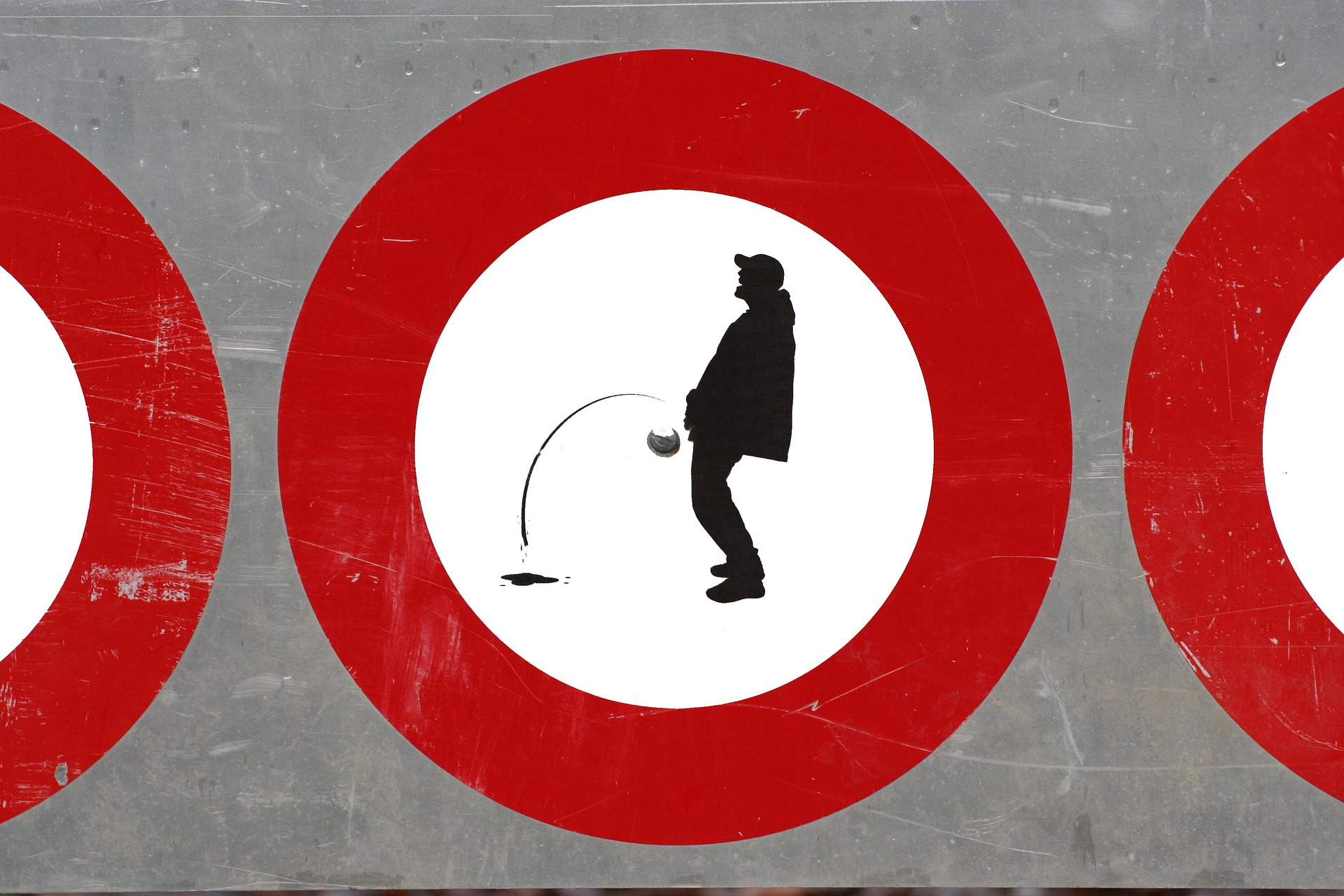Trying to conceive a child is a matter of matching you and your partner’s fertility calendars. For men, you need to make sure that your sperm’s motility rates are high enough for a greater chance of fertilization.
Low sperm motility or ‘asthenozoospermia’ is a state that can result in men being infertile. This article will help you understand what sperm motility is and what changes you can do to prevent low sperm count.
A sperm’s progressive motility is a crucial variable in determining higher pregnancy rates. Sperm can be motile, immotile, or weak, with some of them exhausted or dead upon release. During ejaculation, the semen appears similar to a coagulum then liquefies into a watery fluid to help ease in the movement of sperm towards the female genital tract.
Sperms that have higher motility can continue its movement towards the egg even when faced with obstacles preventing it from reaching it. Ultimately, only a single sperm can penetrate through the egg’s covering, which initiates the fertilization.
Sperm motility tests are designed to examine the varying degrees of movement that a person’s average sperm has. Progressive motility (PM) is the rate at which sperm can move in all directions, while non-progressive motility (NP) refers to the twitching that the sperm does without considering progression. A sperm’s immotile numbers are also considered in the overall grading of sperm motility.
The sperm’s motility is computed in units of the three categories mentioned above. A report shows a percentage of its PM, NP, and immotile rates, and a sperm’s total motility is computed as Total Motility (TM) = PM + NP.
Normal sperm is composed of a head, midpiece, and tail. Its mode of movement comes from the tail propelling its entire body forward through a vigorous succession of lashing movement. If the sperm generated has issues with its genetic makeup, it can end up having structural changes to the sperm, which can negatively affect its health and movement.
Various factors of low sperm count can either be related to the genetic makeup or internal biology of a person. Genetics is a common factor in low sperm motility count, and this can be caused by defects in the male sex chromosome that result in ‘azoospermia’ or low sperm production rates. This is a typical cause of infertility in men.
Besides genetics, dietary practices can also affect a person’s sperm motility. Diets that are full of red meat are proven to affect the quality and quantity of sperm production. A regular intake of fruits and vegetables can help in boosting your sperm production rates while reducing your cholesterol levels.
Environmental conditions, such as high temperatures, can also result in lower sperm counts. Increased temperature towards the testicles decreases sperm production at under 30%, which can be dangerously low. As an inverse effect, fertility rates are considerably higher among men during cooler seasons.
Ensuring that you have a healthy sperm count will require you to make better lifestyle choices. Besides avoiding the environmental conditions and dietary habits, you should also avoid alcohol and smoking since they can alter the shape and quality of the sperm that you produce. It would be best if you educated yourself with reputable sources so that you won’t have any complications in planning to conceive with your partner.
UUANJ has a reliable team of specialists in handling both men’s and women’s urologic diseases in New Jersey. Our experts treat patients with compassion, dignity, mutual respect, and trust remains our steadfast goal. Get in touch with us today to see how we can help!
Disclaimer: All content found on UUANJ.COM, including text, images, audio, or other formats were created for informational purposes only. The content is not intended to be a substitute for professional medical advice, diagnosis, or treatment. Always seek the advice of your physician or other qualified health providers with any questions you may have regarding a medical condition. Never disregard professional medical advice or delay in seeking it because of something you have read on this website. If you think you may have a medical emergency, call your doctor, go to the emergency department, or call 911 immediately.


